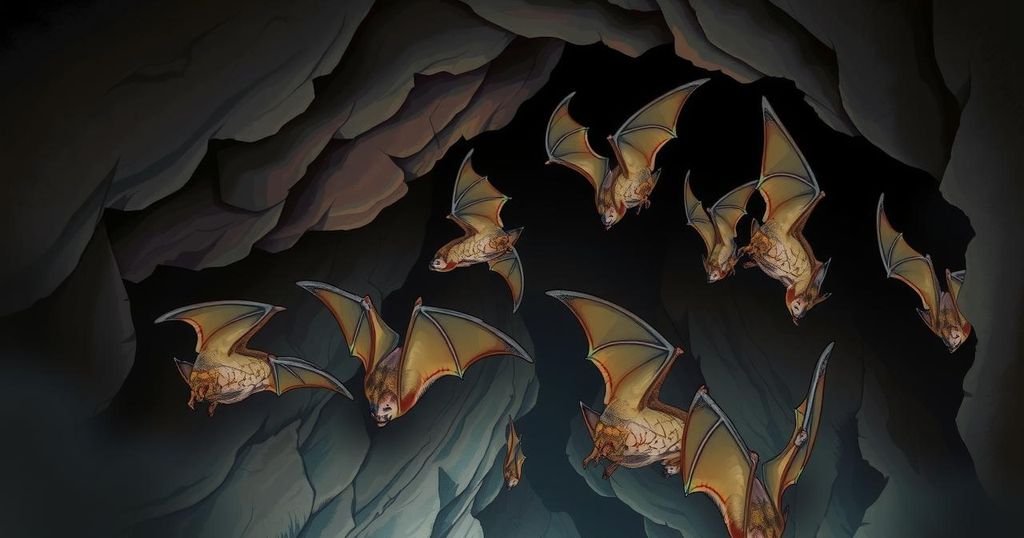Discovery of MERS-Like Coronavirus in Brazilian Bats Raises Health Concerns
A study has identified a new strain of coronavirus in Brazilian bats that resembles the MERS virus, raising concerns about its potential risk to human health. Led by Bruna Stefanie Silvério, researchers discovered several distinct coronaviruses in bats, highlighting the critical need for ongoing surveillance of bat populations as carriers of emerging viruses.
A recent study has revealed that Brazilian bats are hosts to a diverse array of coronaviruses, including a newly identified strain potentially hazardous to human health. Researchers are taking this threat seriously and will soon conduct laboratory tests to determine the risk of this variant spilling over to humans.
The concerning discovery is likened to the bat-borne virus responsible for the Middle East respiratory syndrome (MERS), a viral contagion with an alarmingly high case fatality rate of approximately 35 percent in humans. Since its emergence in 2012, MERS-CoV has resulted in 858 confirmed deaths, primarily in the Middle East, Africa, and South Asia. For context, SARS-CoV-2, the virus behind the COVID-19 pandemic, has a significantly lower fatality rate, around 2 percent as per a 2022 study.
During their investigation, scientists from Brazil and China tested 16 bat species for pathogens, collecting over 400 oral and rectal swabs. The study, led by Bruna Stefanie Silvério from the Federal University of São Paulo, uncovered seven unique coronaviruses in just two species: the insect-eating Molossus molossus and the fruit bat Artibeus lituratus. Notably, one viral variant bears an evolutionary relationship to MERS-CoV, expanding the known geographical range of these viruses.
Historically, researchers have recognized the threat of bat viruses to human health. The SARS epidemic in 2002, which carried a fatality ratio of around 10 percent, was later traced back to coronaviruses predominantly found in bats. Additionally, MERS emerged in 2012 after likely transitioning from bats to camels to humans, causing sporadic outbreaks worldwide.
The detection of a MERS-related strain in South America emphasizes the vital role bats play as reservoirs for emerging viruses. Silvério notes, “Right now we aren’t sure it can infect humans, but we detected parts of the virus’s spike protein suggesting potential interaction with the receptor used by MERS-CoV.” Research plans are underway, with intentions to explore this further in Hong Kong later this year.
Since the onset of the COVID-19 pandemic in 2020, global awareness regarding the risk of cross-species viral transmission has heightened. The revelation of a potentially dangerous bat-borne virus in South America, while alarming, also presents an opportunity for ongoing surveillance. As biologist Ricardo Durães-Carvalho emphasizes, “Bats are important viral reservoirs and should therefore be submitted to continuous epidemiological surveillance.”
The findings have been documented in the Journal of Medical Virology, highlighting the importance of vigilance in monitoring the health risks posed by wildlife.
This study underscores the need for ongoing surveillance of bat populations as reservoirs for coronaviruses, especially in light of the recently discovered MERS-like strain in Brazilian bats. The severe implications outlined by the potential of such viral transmissions necessitate proactive scientific inquiry and public health preparedness. The findings affirm that knowing the virus’s existence enables scientists to mitigate risks effectively.
Original Source: www.sciencealert.com




Post Comment